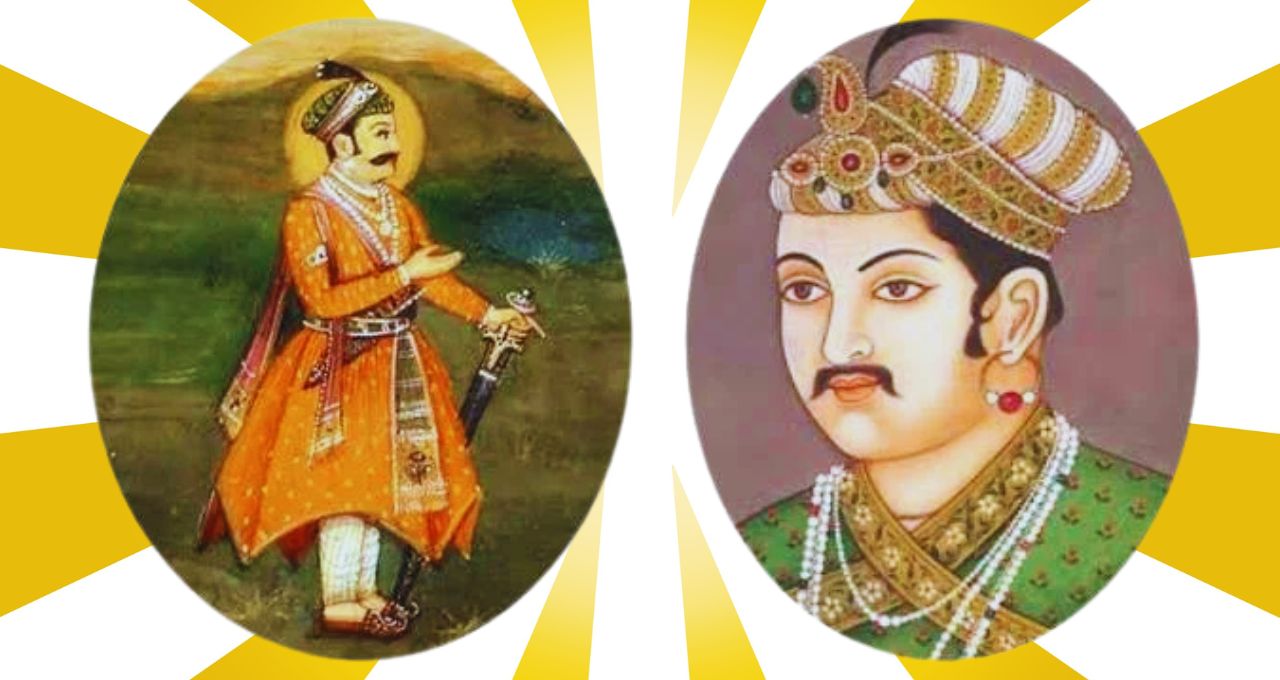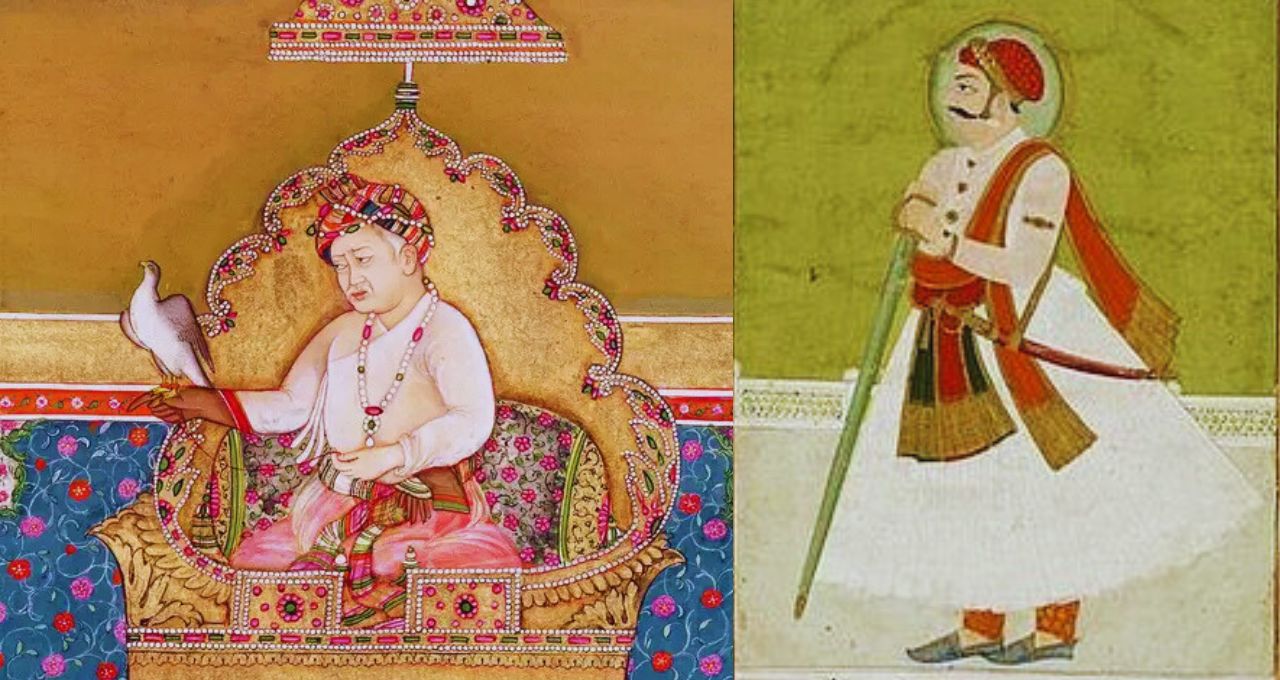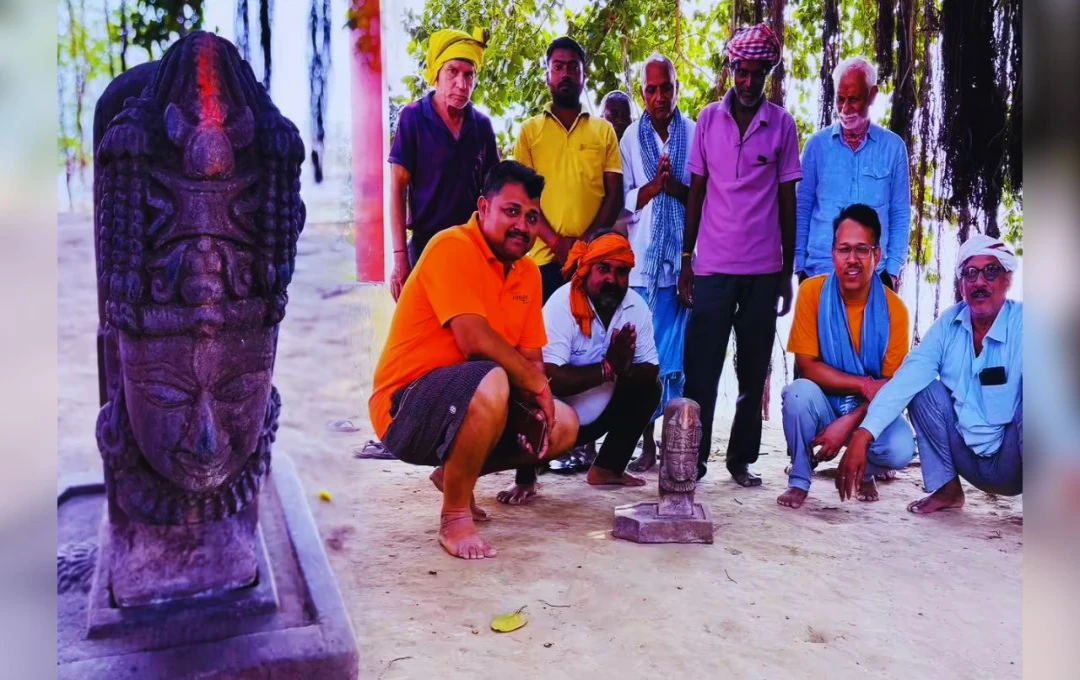India's history is filled with numerous valiant warriors, wise rulers, and astute strategists. Among these kings, some distinguished themselves not only with the sword but also with diplomacy, courage, and foresight to protect their kingdoms. One such historical figure was Raja Bharmal of Amber, also known as Bihari Mal or Bihar Mal. In the 16th century, as the Mughals' influence grew in India, Raja Bharmal, through his judicious decisions, not only preserved the throne of Amber but also transformed it into a powerful political center.
Early Life and Family Background
Raja Bharmal was born in 1498 into the royal family of Amber. He was the fourth son of Prithviraj, a ruler of the Kachwaha dynasty. His mother, Bala Bai, belonged to the Rathore clan and was connected to the royal family of Bikaner. From a young age, he received extensive training in family politics, administration, and military strategy. While his ancestors laid the foundation for Amber, Bharmal is recognized as the king who propelled Amber towards becoming the future state of Jaipur.
Accession to the Throne and Internal Conflicts
Raja Bharmal's path to power was not easy. After his father's death, his elder brother, Puranmal, inherited the throne. Following Puranmal's death in battle, a succession struggle erupted within the family. His nephews, Ratan Singh and Askaran, engaged in a fierce conflict over the throne. Bharmal employed shrewdness and opportunistic politics and eventually became the ruler of Amber in 1547. Although he attained power through the assassination of his nephew and through conspiracies, the decisions he made in the interest of the state later categorized him as a visionary ruler.
A Reign Marked by Challenges

Raja Bharmal's reign was continuously surrounded by political pressures and external invasions. He faced opposition from his own nephews, members of the old royal family, and local Mughal governors. Sometimes the army of Salim Shah Suri, and at other times, people like Mirza Sarfuddin, appointed by Akbar, schemed to seize Amber. To deal with all these crises, Raja Bharmal, with his intelligence and understanding, not only made compromises but also stabilized the state with his sacrifices. He often sent his sons and relatives as hostages to avoid war.
Alliance with Akbar: A Historic Turning Point
Raja Bharmal's most significant contribution to Indian history was the strategic alliance he forged with Mughal emperor Akbar. When the Mughals posed a threat to Bharmal, he proposed marrying his eldest daughter, Hira Kunwari (who later became Mariam-uz-Zamani), to Akbar. This marriage took place on February 6, 1562, which changed the course of history. It was the first instance where a Rajput king married his daughter to a Mughal emperor, and it was not out of compulsion but a profound political strategy.
This marriage not only served as a protective shield for Amber but also initiated a new type of relationship between the Mughals and the Rajputs. After this marriage, Raja Bharmal was granted a mansabdari of 5000 and became one of Akbar's prominent courtiers.
A Symbol of Policy and Integrity

In history, Raja Bharmal's image has been that of a ruler who prioritized the interests of the state above his personal feelings. While this marriage was a subject of controversy for many Rajputs, on the other hand, this decision made Amber b and permanent. He demonstrated that sometimes, compromise and strategy could be as effective as war. The impact of his policies was that his son, Bhagwant Das, and grandson, Man Singh I, reached the top positions in the Mughal Empire. Akbar included Man Singh among his nine gems and gave him responsibility for many important wars.
Religious Tolerance and Culture
Raja Bharmal was a religious, tolerant, and traditional king. He constructed several temples and buildings in Amber. During his reign, he kept Rajput valor and tradition alive, along with operating the state through a modern and practical policy.
Death and Legacy
Raja Bharmal passed away in Agra on January 27, 1574. His successor was his eldest son, Raja Bhagwant Das, who carried forward his father's policies. Raja Bharmal's greatest legacy was the enduring relationship he established with the Mughals. This not only guided Amber but also other Rajput states in maintaining a balance with the Mughals.
Raja Bharmal deserves the place in history that is often given to kings who wielded swords. Through his understanding, restraint, and foresight, he brought about a significant turning point in the politics of the Indian subcontinent. He proved that a true king is one who can rise above his personal feelings and traditional obstacles for the welfare of the state. When we read about him today, we see a king who not only saved his state from crisis but also gave a new direction to history. Raja Bharmal was not just the ruler of Amber but also a statesman, diplomat, and visionary king, whose legacy will always be remembered.















